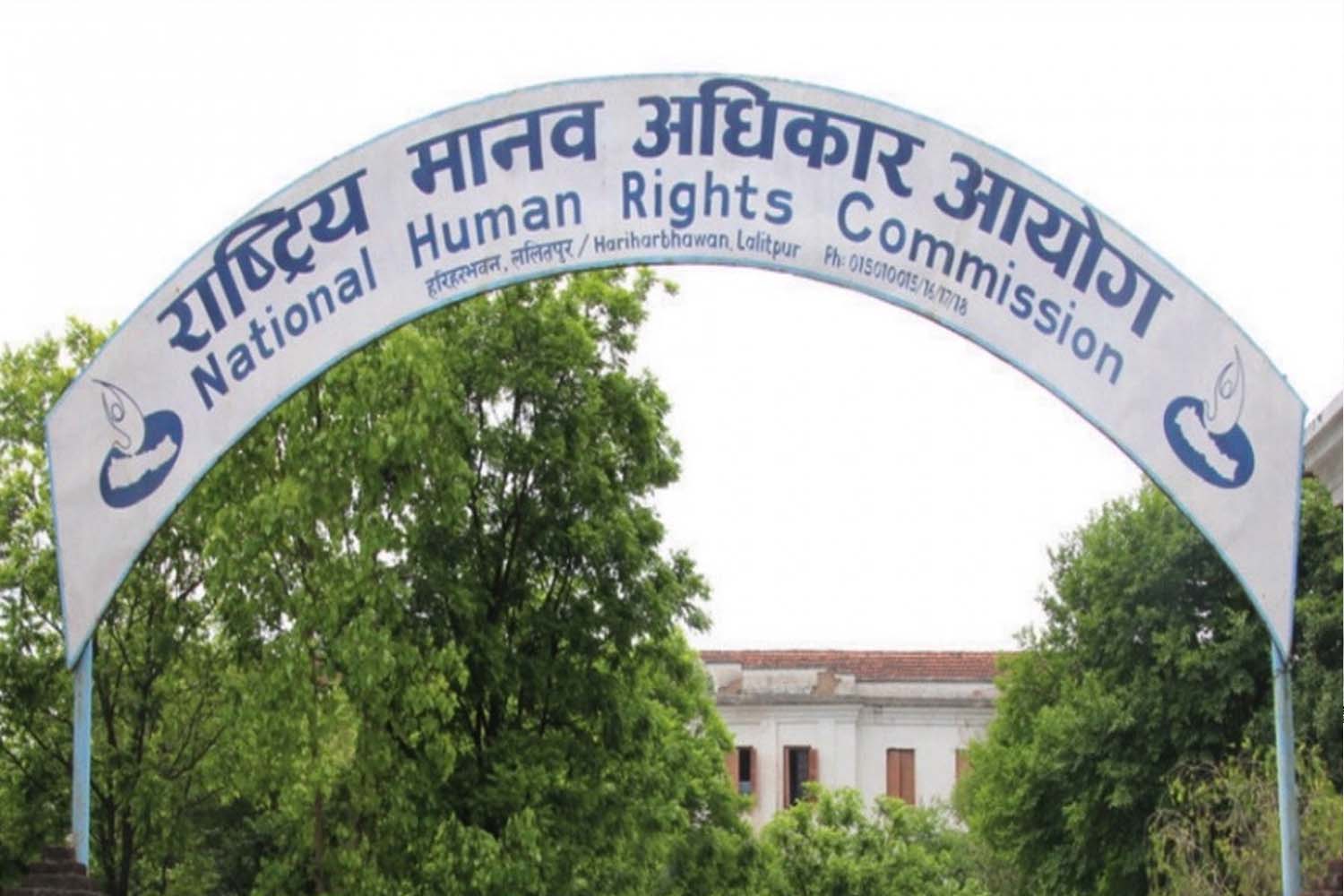Buddhist varsity spreading wings after a spell of stagnation

When we think of a university, we imagine large infrastructures, numerous students, libraries, and research centers. But the prestigious Lumbini Buddhist University (LBU) was confined for a decade to a room in Kathmandu. Although the relevant law states that the central secretariat of the university would be in Lumbini, it was in Kathmandu until five years ago.
The tendency to appoint retired professors from the Tribhuvan University or other institutions restricted the growth of the LBU, just like it did with other universities, particularly those outside Kathmandu. The LBU made significant strides once local officials were appointed. After the appointment of Tilak Ram Acharya as the Registrar, university officials visited LBU for the first time. Because of their tendency to stay in Kathmandu, the university had long been unable to run classes. Professor Naresh Man Bajracharya, former Vice-Chancellor of LBU, had only spent only two months in a year in Lumbini.
The LBU, established in January 2005 following a summit on Buddhism, is considered an educational institute with distinctive features. It currently has about 1,000 students, and offers courses in Buddhist philosophy, art, religion, culture, and archeology. It started with a PhD program, but has been offering a master’s degree for around half a decade. It has now also added a bachelor’s program and a year-long intermediate degree language training program. An affiliate college in Butwal offers bachelor’s degrees in Travel and Tourism and Law (BALLB). Seven colleges in Kathmandu are also affiliated to the LBU.
“Now that we have been building infrastructures and running classes in Lumbini, the university is gradually expanding its horizons,” says Registrar Acharya. But LBU is still short of infrastructures. Officials say lack of support from the government, which has provided only limited funds, has been an obstacle to building other Buddhism-related infrastructures.
But the LBU has deployed its own resources to build hostels for students and quarters for officials and teachers. A research center (Rs 200 million) and a library (Rs 110 million) are also coming up.
Many universities teach Buddhist philosophy across the world. But for students of Buddhism, Lumbini holds a special place—which is why the LBU has the potential to be an education-tourism hub. But Registrar Acharya says more infrastructures are needed to realize the potential. As several archeological sites on the Buddhist circuit are yet to be studied, Acharya says the LBU will produce scholars able to do such research.
Devdaha in the district of Rupandehi is considered the home of Buddha’s mother. “We are in the process of acquiring land there and constructing infrastructures. Work will commence as soon as the council of ministers approves the acquisition,” says Acharya. The university also has plans to expand to Tilaurakot in Kapilvastu and Ramgram in Nawalparasi.
Most tourists to Lumbini pay a visit to the university, which has been drawing increasing attention since the construction, at a cost of Rs 70 million, of a stupa on its premises. The stupa is special because it contains Buddha’s remains, which was transferred there with the help of Burmese monks.
related news
Nepalis fight TikTok ban in court, or ignore it entirely
May 3, 2024, 12:25 a.m.
Cases of banking fraud up in Nawalparasi
May 2, 2024, 6:02 p.m.
Kathmandu ranked world's most polluted city again with AQI 162
May 2, 2024, 3:39 p.m.
Elderly couple dies in Dhading fire
May 2, 2024, 10:14 a.m.
Weather to remain partly cloudy in hilly region; fair in remaining areas
May 2, 2024, 9:31 a.m.
NICCI launches a hand book for Indian investors
May 1, 2024, 3:09 p.m.
135th May Day: NHRC calls for promoting labor rights
May 1, 2024, 2:02 p.m.










Comments